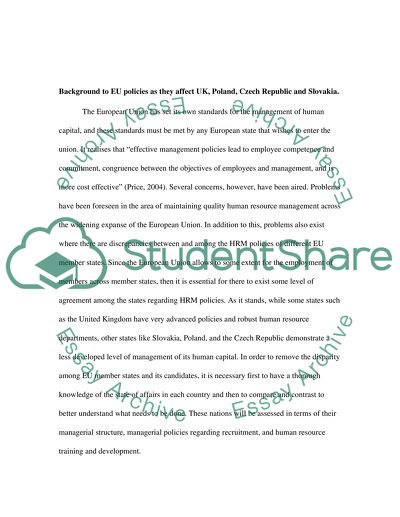Cite this document
(“HR management in Britain and in EU Essay Example | Topics and Well Written Essays - 2500 words”, n.d.)
HR management in Britain and in EU Essay Example | Topics and Well Written Essays - 2500 words. Retrieved from https://studentshare.org/politics/1502210-hr-management-in-britain-and-in-eu
HR management in Britain and in EU Essay Example | Topics and Well Written Essays - 2500 words. Retrieved from https://studentshare.org/politics/1502210-hr-management-in-britain-and-in-eu
(HR Management in Britain and in EU Essay Example | Topics and Well Written Essays - 2500 Words)
HR Management in Britain and in EU Essay Example | Topics and Well Written Essays - 2500 Words. https://studentshare.org/politics/1502210-hr-management-in-britain-and-in-eu.
HR Management in Britain and in EU Essay Example | Topics and Well Written Essays - 2500 Words. https://studentshare.org/politics/1502210-hr-management-in-britain-and-in-eu.
“HR Management in Britain and in EU Essay Example | Topics and Well Written Essays - 2500 Words”, n.d. https://studentshare.org/politics/1502210-hr-management-in-britain-and-in-eu.


